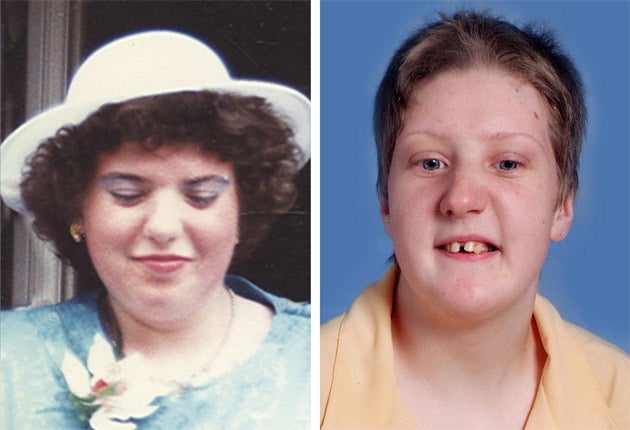Action on disability hate crimes
Councils that fail to offer adequate protection will be sued, equalities body warns

Local authorities that fail to protect disabled people from persistent harassment or anti-social behaviour will face legal action if they are found to be ignoring disability hate crimes, the Equality and Human Rights Commission will announce today.
The EHRC is to launch a nationwide survey early next year to investigate the level of discrimination faced by disabled people across the country. It will be the first time any authority has tried to assess exactly how prevalent violence and anti-social harassment towards disabled people is. It will also assess which local authorities are adequately tackling discrimination.
The inquiry comes amid mounting concerns that thousands of people with learning or other disabilities are being abused but are either too afraid of going to the authorities or fear they will not be taken seriously if they do. Earlier this year an inquiry into the suicide of a mother with a severely disabled daughter revealed how both the police and local authorities in Leicestershire had persistently failed to come to her aid.
Fiona Pilkington set fire to her car with herself and daughter Francecca inside it after a relentless campaign of abuse from teenagers who singled her family out just because Francecca was disabled. She had regularly called both Leicestershire Police and her local social services begging for help, but felt ignored and forgotten. Eventually the abuse became so bad she decided to kill herself and her daughter to escape.
Campaigners have long argued that although the police and local authorities have made great steps towards cracking down on racist and homophobic abuse in recent years, anti-disabled prejudice remains largely ignored.
Mike Smith, commissioner for the EHRC, said the results of the inquiry would be published in early 2011 and added that any public authorities found not to be doing enough to tackle the problem could face legal action.
A public debate on the prevalance of disability hate crimes began after a series of brutal murders and assults that appeared to motivated out of pure hatred towards disabled people. In 2007, 27-year-old Anthony Anderson was sentenced to three years in jail after he urinated on a disabled woman as she lay dying on her doorstep. Christine Lakinski had collapsed from pancreatic failure. Rather than call an ambulance, many of her neighbours simply stood around and laughed.
Evidence gathered by the EHRC earlier this year has already shown that violence towards disabled people is depressingly commonplace. Those with disabilities are four times more likely to be the victim of a crime than other people and are twice as likely to be the victim of a violent crime.
Yesterday police arrested a 23-year-old man in Manchester on suspicion of murdering a disabled man. Kevin Fielding, 41, was found in his flat with multiple stab wounds in Bury on Monday morning. He suffered from Asperger's Syndrome and was epileptic.
The creation of the inquiry was welcomed last night by leading mental health and disability charities. Mark Goldring, Mencap chief executive, said: "For too long harassment and abuse that is criminal behaviour has been treated as antisocial behaviour. This has resulted in public bodies consistently failing to protect people with a learning disability and their families."
Ruth Scott, Director of Policy and Campaigns at Scope added: "We would like to see the inquiry focus on how public authorities are raising awareness of disability related harassment both amongst disabled people themselves, to increase their confidence in reporting such cases, and supporting and training frontline staff across public authorities to ensure they respond appropriately and promptly."
Case study: 'I couldn't sleep... I wanted to die'
Di Lofthouse, 45, says she was targeted by neighbours because of her disability. Threatening letters and dog faeces were put through her letterbox, and windows were broken at her home in Rippon.
Miss Lofthouse, who is partially sighted and has mild learning disability, said her tormentors also strung fishing line across her gate to trip her up, and eventually caused her to suffer depression which led to the break-up of her marriage.
"We had a letter put through our letterbox saying people like us should be put down at birth," she said. "We had our windows put through and it got to the point where I couldn't sleep at night. I used to sleep in the day when they weren't around. I found it very difficult to report the crimes when they happened, because no one seemed to want to listen.
"I wanted to die because nobody was offering me a way out. Now, with knowledge of the Crown Prosecution Service and the police and the way they now listen, care about, and support victims, I would have no hesitation in reporting hate crime."
Bookmark popover
Removed from bookmarks